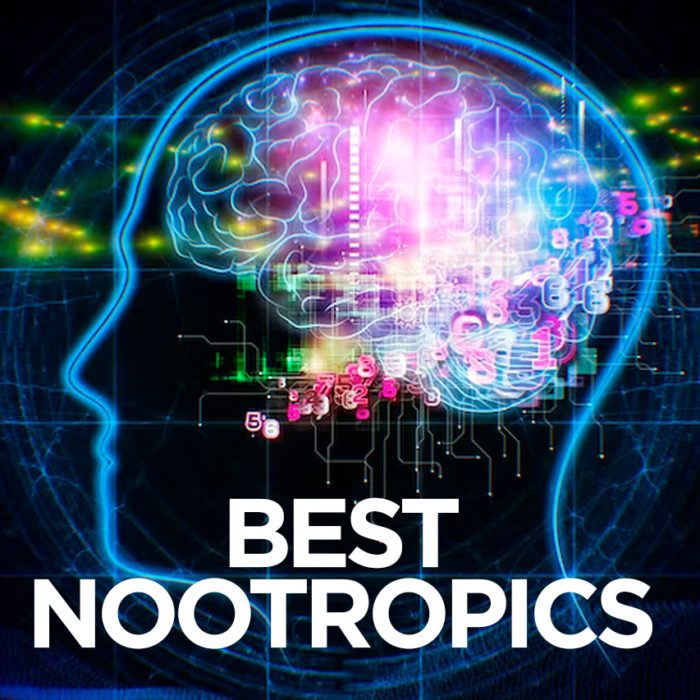
Nootropics: Boosting Cognitive Function and Unlocking Mental Potential
Nootropics, In an increasingly fast-paced and demanding world, people are constantly seeking ways to enhance their cognitive abilities and maximize their mental potential. This quest has led to the rise in popularity of nootropics, a class of substances that are believed to improve brain function and optimize mental performance. In this article, we will explore the world of nootropics, examining their benefits, risks, and scientific evidence supporting their use.
I. Understanding Nootropics
A. Definition and Origins Nootropics, also known as smart drugs or cognitive enhancers, are substances that are used to enhance cognitive function, memory, creativity, motivation, and focus. The term “nootropic” was coined by Dr. Corneliu Giurgea in the 1970s and is derived from the Greek words “nous” (mind) and “tropos” (turning or bending). Initially, nootropics were developed to treat cognitive disorders, such as Alzheimer’s disease and ADHD.
B. Categories of Nootropics Nootropics can be divided into various categories, including natural compounds, synthetic drugs, and dietary supplements. Natural nootropics include substances like caffeine, omega-3 fatty acids, and herbal extracts, while synthetic drugs encompass medications like Modafinil and Adderall. Dietary supplements often consist of vitamins, minerals, and herbal extracts.
II. The Benefits of Nootropics
A. Improved Memory and Learning One of the primary benefits attributed to nootropics is their ability to enhance memory and learning. Some substances, such as Piracetam and Aniracetam, have been shown to promote neuroplasticity, leading to improved synaptic connections and better memory formation.
B. Increased Focus and Concentration Nootropics can help increase focus and concentration by modulating neurotransmitters in the brain. For instance, substances like L-theanine and Bacopa monnieri have been found to reduce anxiety and promote a state of relaxed alertness, which can improve productivity and mental clarity.
C. Enhanced Mental Energy and Alertness Certain nootropics, including caffeine and Modafinil, are known for their stimulant properties, which can increase mental energy and combat fatigue. These substances have been shown to improve wakefulness, reaction time, and overall cognitive performance.
D. Heightened Creativity and Problem-Solving Some individuals use nootropics to enhance creativity and problem-solving abilities. Compounds like Phenylpiracetam and Noopept are believed to enhance cognitive flexibility and boost divergent thinking, leading to increased innovation and novel solutions.
III. The Science Behind Nootropics
A. Mechanisms of Action Nootropics act on various neurotransmitter systems in the brain, including acetylcholine, dopamine, and glutamate. They can enhance neuroplasticity, increase cerebral blood flow, and protect brain cells from oxidative stress. Understanding the specific mechanisms of action is crucial for evaluating the efficacy and safety of these substances.
B. Clinical Evidence While some anecdotal evidence supports the benefits of nootropics, rigorous scientific research is still ongoing. Studies have shown positive effects of certain substances, such as Modafinil for improving attention and memory in sleep-deprived individuals. However, the long-term effects and potential risks of many nootropics remain uncertain due to limited research.
C. Potential Risks and Side Effects Like any other substance, nootropics carry potential risks and side effects. These may include insomnia, anxiety, gastrointestinal issues, and dependency. Furthermore, the long-term effects of continuous use or high doses of some nootropics are still not well understood, emphasizing the need for caution and responsible usage.
IV. Choosing and Using Nootropics Safely
A. Consulting a Healthcare Professional Before incorporating any nootropic into your routine, it is important to consult a healthcare professional. They can provide personalized guidance, assess potential interactions with other medications, and help you make informed decisions.
B. Understanding Individual Needs and Goals It is crucial to understand your own needs and goals when considering nootropic use. Different individuals may respond differently to various substances, and finding the right nootropic or combination of nootropics may require experimentation and self-awareness.
C. Starting with Low Dosages To minimize the risk of adverse effects, it is advisable to start with low dosages when trying a new nootropic. This allows you to assess how your body reacts to the substance and make adjustments accordingly.
D. Practicing Responsible Usage Responsible usage of nootropics involves using them as a tool to support healthy cognitive function, rather than relying on them as a crutch. It is essential to maintain a balanced lifestyle that includes regular exercise, proper nutrition, quality sleep, and stress management.
Conclusion
Nootropics offer an intriguing possibility for individuals seeking to optimize their cognitive abilities and unlock their mental potential. While the field of nootropics is still developing, and scientific evidence is often limited, they have demonstrated promising effects in certain areas. However, it is essential to approach nootropic use with caution, consult healthcare professionals, understand individual needs, and practice responsible usage. Ultimately, the pursuit of cognitive enhancement should be accompanied by a holistic approach that encompasses overall well-being and healthy lifestyle choices.
Also Read…understanding-the-causes-of-lower-back-pain-a-comprehensive-guide











